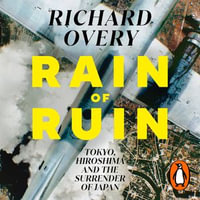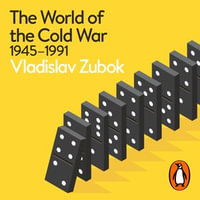Iran's nuclear program has long been a subject of intense global scrutiny and diplomatic tension. Since the 1970s, the country has pursued the development of nuclear technology, initially for peaceful purposes, but concerns about its potential military ambitions escalated over time. As the international community grappled with Iran's nuclear ambitions, the central question was whether Tehran sought to develop nuclear weapons or maintain its program solely for civilian use. This uncertainty fueled widespread fear, particularly among Western powers and regional rivals like Israel, who viewed a nuclear-armed Iran as a direct threat to regional stability and global security.
The United States, along with its allies, pursued a variety of diplomatic efforts and imposed harsh economic sanctions in response to Iran's nuclear activities. These sanctions targeted key sectors of Iran's economy, including its oil exports and banking system, and were intended to pressure the Iranian government into compliance with international demands for greater transparency and restrictions on its nuclear program. Despite these measures, Iran's leadership remained defiant, and negotiations over the future of the nuclear program became increasingly complex.
The culmination of years of diplomatic maneuvering was the Joint Comprehensive Plan of Action (JCPOA), a landmark agreement reached in 2015 between Iran and six major world powers—the United States, United Kingdom, France, Russia, China, and Germany. The deal promised to significantly limit Iran's nuclear activities in exchange for sanctions relief. The JCPOA was heralded as a major achievement in international diplomacy, seen as a model for how nations could come together to resolve contentious issues through negotiation rather than military confrontation.
























